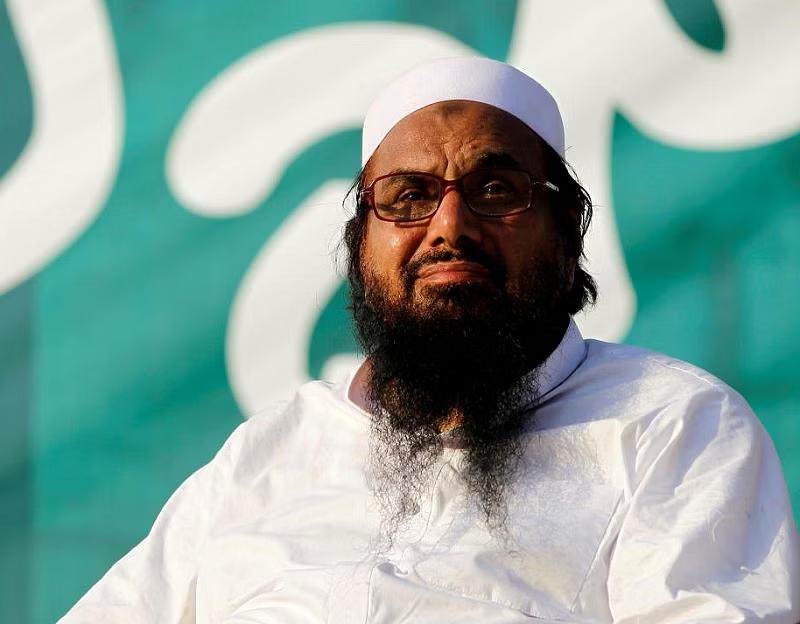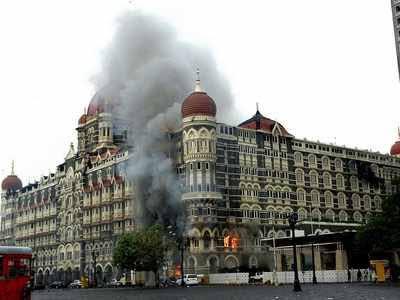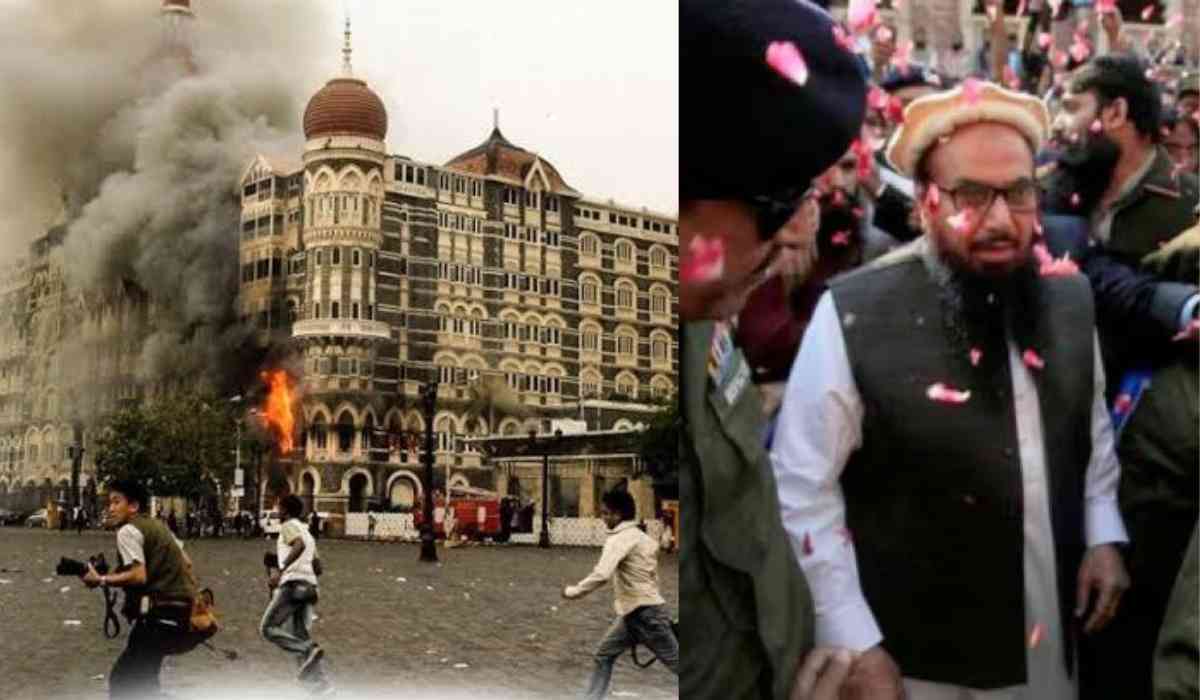India has officially sought the extradition of Hafiz Saeed, founder of Lashkar-e-Taiba (LeT) and mastermind behind the 26/11 Mumbai terror attacks, from the neighbouring country, Pakistan.
Arindam Bagchi, spokesperson for the External Affairs Ministry, confirmed that the extradition request, accompanied by relevant documents, has been recently dispatched to Islamabad.
The Indian government's extradition request for Hafiz Saeed aligns with a previous court order, urging the LeT chief's prosecution in Pakistan or his extradition to India. In response to queries about the extradition request, the Pakistani foreign ministry refrained from commenting, dismissing the question as rooted in "speculative reporting."
India has consistently urged Pakistan to ensure a successful conclusion to the trials of Mumbai attack suspects, including figures like Saeed and Zaki-ur-Rehman Lakhvi.
The Indian government has emphasised that the conspiracy for the Mumbai terror attack originated in Pakistan, making it Pakistan's responsibility to provide all essential evidence to the trial court. Unfortunately, Pakistan has not responded to these requests.

Hafiz Saeed behind 26/11 Mumbai Attacks
Hafiz Saeed is listed as a top Indian terrorist. The JuD, led by Saeed, is considered the front organisation for Lashkar-e-Taiba (LeT), which is alleged to be responsible for the 26/11 Mumbai attack in 2008.
This tragic incident claimed the lives of 166 people, including six Americans. The LeT terrorist group has sustained its activity for years in the disputed Himalayan region of Kashmir, divided between India and Pakistan.
Following the 2008 Mumbai attacks, Hafiz Saeed was added to the UN 1267/1989 al-Qaida Sanctions Committee's list, designating him as linked to the al-Qaeda terrorist organisation and making him subject to international sanctions. The United States also offered a $10 million reward for information leading to Saeed's apprehension.

Hafeez Saeed Sentenced Imprisonment by Pakistan
In April 2022, a Pakistani court sentenced Hafiz Saeed to 31 years in prison in two cases related to terrorism financing.This decision coincided with the then Pakistan government's efforts to avert blacklisting by the global terror watchdog, the Financial Action Task Force (FATF).
Saeed is mandated to serve consecutive sentences under Pakistani law unless an appeal results in a reduction or dismissal. Hafiz Saeed, who has faced multiple arrests and releases in the past decade, consistently denies any connection to armed operations.
Hafiz Saeed’s Political Entry
Hafiz Saeed has entered Pakistan’s Politics aiming to transform the country into an Islamic welfare state. Saeed's political organization, the Pakistan Markazi Muslim League (PMML), has put forth candidates for all national and provincial assembly constituencies in Pakistan for the upcoming general elections on February 8, 2024.
Talha Saeed, Hafiz Saeed's son, is set to participate in the elections for the National Assembly constituency NA-127 in Lahore. Additionally, Khalid Masood Sindhu, PMML's central president, will be contesting from NA-130, challenging former Prime Minister Nawaz Sharif of the Pakistan Muslim League-Nawaz. PMML's electoral symbol is the chair.
©️ Copyright 2023. All Rights Reserved Powered by Vygr Media.
























